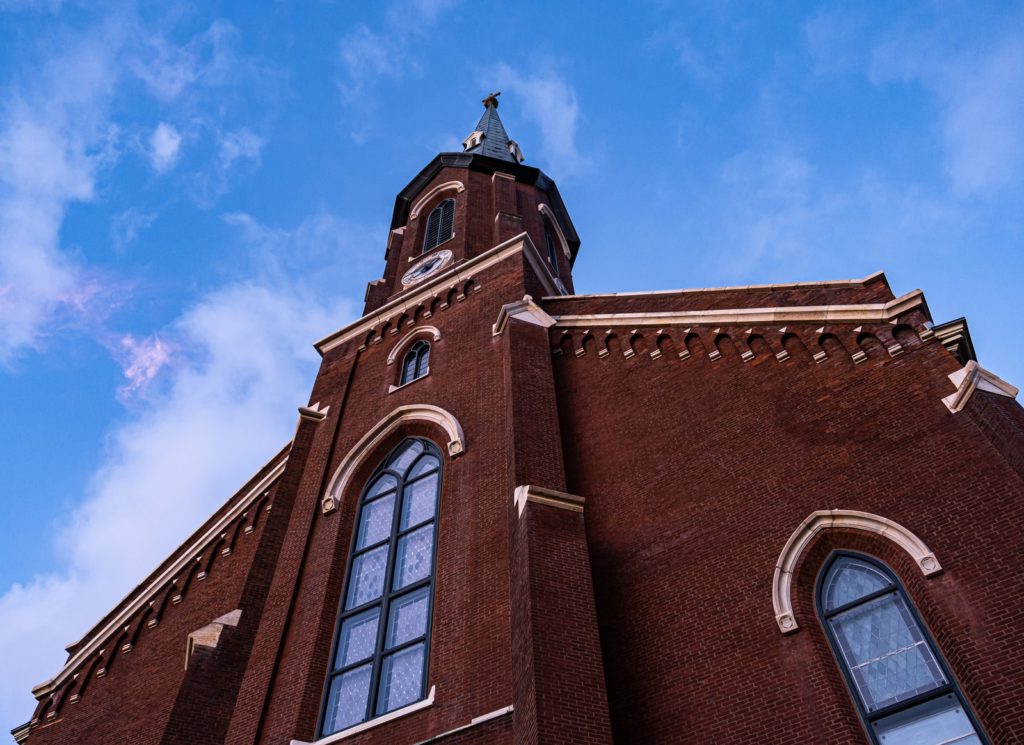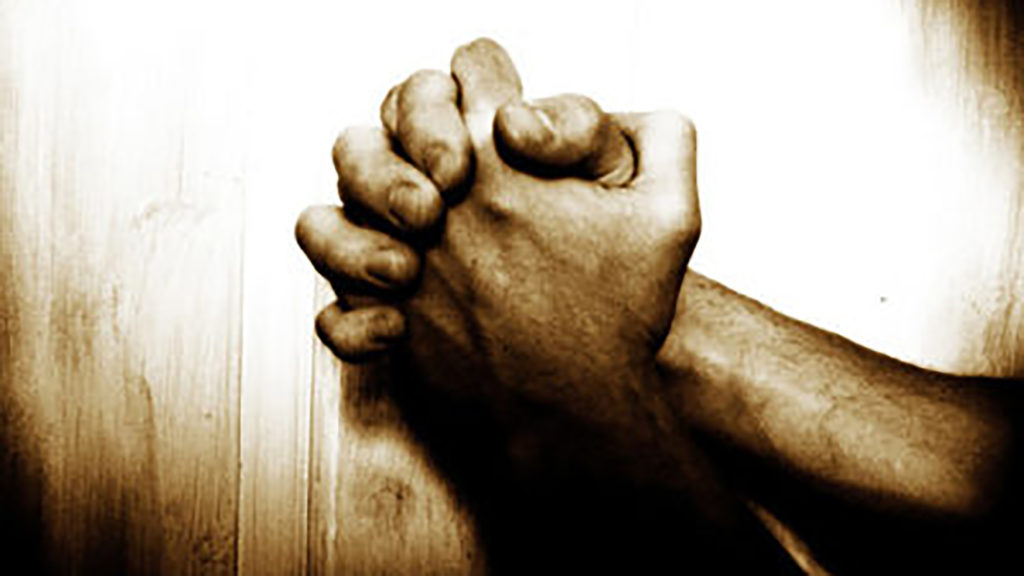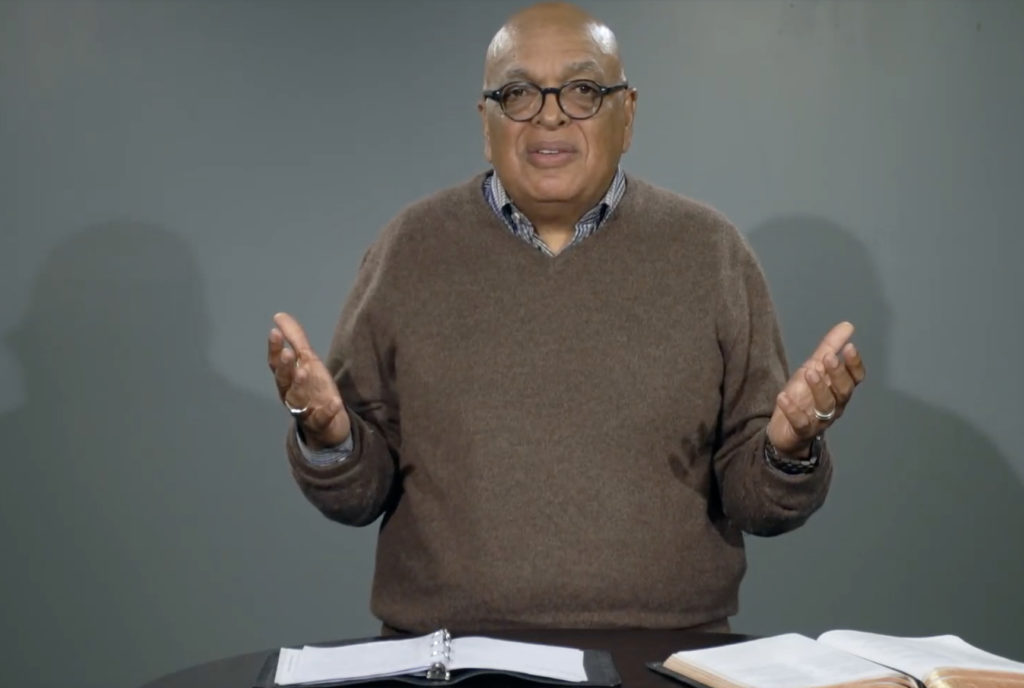Leaders of a historically black Baptist college say they have no intention of disinviting a speaker to campus because she is a lesbian.
American Baptist College (ABC) President Forrest Harris defended an invitation to Bishop Yvette Flunder to speak at the annual Garnett-Nabrit Lecture Series at the school March 15–18 after a group of conservative pastors objected because she is openly gay. The pastors’ comments were published March 10 by The Tennessean.
Harris said in a news release sent to the Nashville newspaper that withdrawing the invitation would “fly in the face of everything that ABC stands for as an institution of higher education rooted in the cause of social justice and equality for all.”
A group called the National Baptist Fellowship of Concerned Pastors criticized the invitation in a March 5 press release proclaiming: “For a Baptist college president to invite a lesbian bishop legally married to a woman to be a guest speaker and worship leader on a Baptist college campus is irresponsible, scandalous, non-biblical and certainly displeasing to God.”
Dwight McKissic, pastor of Southern Baptist Convention-affiliated Cornerstone Baptist Church, Arlington, Texas, and co-coordinator of the Concerned Pastors group, said if Harris doesn’t withdraw the invitation to Flunder, he should resign or be fired for promoting views contrary to beliefs of the National Baptist Convention.
Open letters of support for the decision were posted on the American Baptist College website March 10. Dozens of Baptist leaders representing groups including Alliance of Baptists, Association of Welcoming and Affirming Baptists, Baptist Peace Fellowship of North America and American Baptist Home Mission Societies issued a statement of support reported yesterday.
Bruce Gourley, executive director of the Baptist History and Heritage Society, commended Harris “for your commitment to social justice for all persons, as well as the important historical role that ABC played 50-plus years ago in the shaping of the civil rights movement and the school’s ongoing role in training social justice leaders” in an email copied to Baptist media March 11.
American Baptist College and First Baptist Church, Capitol Hill, in Nashville, Tenn., are co-hosts for the history society’s upcoming annual conference on the theme “Seeking Justice: Baptists, Nashville and Civil Rights.”
Both Harris and Capitol Hill Pastor Kelly Miller Smith are listed as keynote speakers for the scholarly gathering of Baptist historians scheduled April 20–22.
In his email to Harris, Gourley said members of the Baptist History and Heritage Society “look forward to drinking from the well of your social justice heritage and engaging with ABC in a constructive dialogue that we hope will continue long after the April conference.”
American Baptist College, a four-year co-educational, liberal arts Bible college recognized by the U.S. Education Department as a historically Black college and university, started in 1924 as a joint venture of the National Baptist Convention (NBC), USA, Inc., and the Southern Baptist Convention (SBC).
Originally named American Baptist Theological Seminary, its purpose was to train rural clergy in an era when SBC seminaries were segregated by race. For years the school operated under two governing boards of trust, an unusual arrangement designed to keep the endorsement of both of its sponsoring denominations.
The SBC board oversaw buildings and acquisitions, while the board representing the NBC provided for furnishings, infrastructure and maintenance of property.
The SBC dissolved the Southern Baptist Commission on American Baptist Theological Seminary in a 1996 restructuring called Covenant for a New Century and granted sole responsibility for the institution’s future to the National Baptist Convention USA, Inc.
In 2011 the SBC Executive Committee withdrew any claim on the property valued at $1.4 million to the seminary, removing restrictions in a 1982 deed that prevented the college from moving forward with a campus master plan that included a facility on campus for the purpose of producing and printing literature by the National Baptist Sunday School Publishing Board.
The original deed included a condition that the seminary “may not use or allow a use of the property other than exclusively for the purpose of training persons in Christian theology as interpreted by Baptist doctrine.”
Flunder, founder of the City of Refuge United Church of Christ in Oakland, Calif., is scheduled to speak about her work advocating for the rights and needs of people suffering from HIV and AIDS, according to The Tennessean. She spoke at the 57th Garnett-Nabrit Lecture Series held March 16–20, 2014. (BNG)






Share with others: